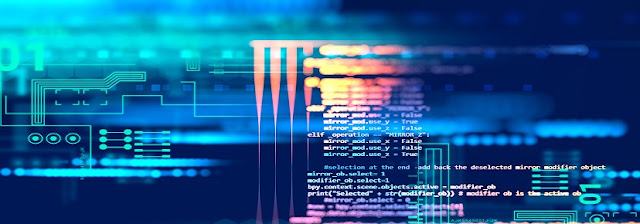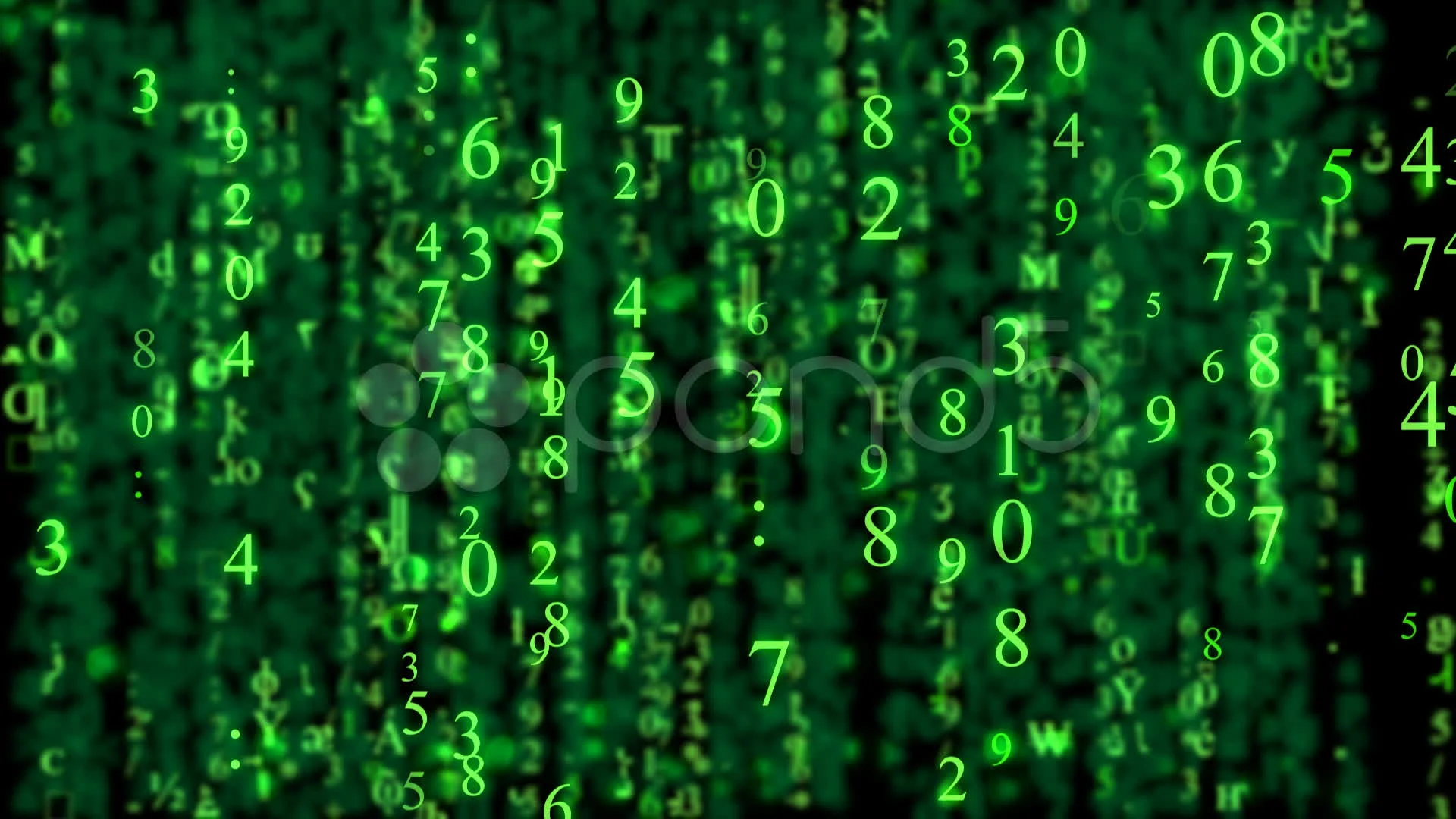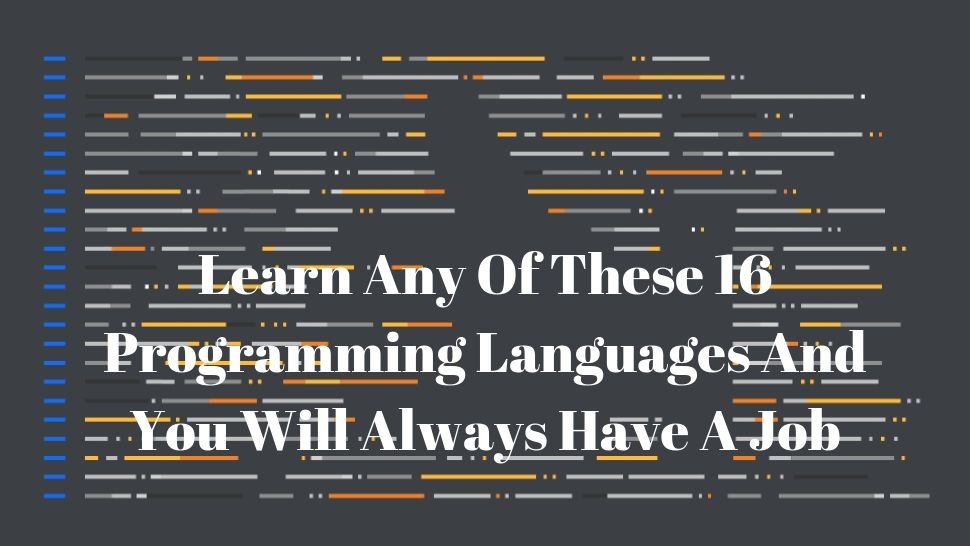Someone has to write that software. Why not you?
There are thousands of programming languages, but some are far more popular than others. When a company starts looking for new programming talents, they look for people who are familiar with the languages and systems the company already uses - even as new languages like Apple Swift begin to attract attention. Here are the programming languages you should learn if you want to always have a job, according to the attitude of the popular TIOBE Index.
Java:
Originally invented in 1991 as a programming language for smart TVs, Oracle's Java is still the most popular language in the world - a position reinforced by the fact that Java is key to the development of Android applications and much business software.

C:
One of the oldest programming languages still in use, C was created in the early 1970s. The legendary and still widely read the 800-page manual, "C Programming Language", was first printed in 1978.
Python:
This language has been around since 1989, and its supporters love it for its highly readable code. Many developers claim that this is the easiest language for a beginner.
PHP:
This website programming language is incredibly widespread - some estimates say it runs a third of the web. It is used by major sites such as WordPress, Facebook, and Yahoo. Many developers also passionately hate PHP - Stack Exchange founder Jeff Atwood once wrote, "PHP is not so much a language as a random collection of arbitrary things, a virtual explosion in a factory of keywords and functions."

Visual Basic:
Microsoft's Visual Basic (and its successor, Visual Basic .NET) tries to make programming easy with a single graphical element that allows you to modify parts of the program by dragging and dropping. He is old, some feel he lacks the features of some other languages, but with the support of Microsoft, he still has his users.
JavaScript:
This is a super popular programming language used primarily in web applications. But he has little to do with Java other than the name. JavaScript runs a lot of the modern web, but it's also criticized for slowing down the search engines and sometimes exposing users to security vulnerabilities.
Assembler:
First invented in 1949, Assembler is one of the lowest (closest to machine) ways to talk to a computer processor. For years, developers taught Assembler computer science classes, and then never used it again. But he is hands-on in building effective software for working on low-power machines such as smart devices and wearables, so his time has come again.

Ruby:
Like Python, developers love this language 24 years old because its code is easy to read and write. Also popular is Rails, an additional working framework for Ruby that makes it very easy to use to build web applications. The official motto of the language is "Developer's Best Friend".
Perl:
It was originally developed by one NASA engineer in the late '80s. Perl excels at word processing, and developers love it because it's powerful and flexible. It used to be famous for describing it as: "self-adhesive web tapes" because it really ties together web pages, but it's not the most elegant language.

Delphi Object Pascal:
Originally developed at Apple in 1986 and so named because it helped developers connect to Oracle databases (like Oracle at Delphi), Delphi is once again rising as an alternative to building smartphones application.
Swift:
Although Apple's problems with Taylor Swift may have been everywhere in the headlines in recent years, the Apple Swift programming language has been appealing to developers as a faster and easier way to build iPhone applications. With high profile supporters like IBM, expect it to rise even further.
MATLAB:
Designed to be a mathematical programming language that helps students advance in algebra and image processing, it is also widely used by scientists, engineers, and developers working in the broader field of image processing and other applications of artificial intelligence.
Pascal:
Named after the famous philosopher Blaise Pascal, this language played a key role in the encoding of the original Apple Macintosh computers. There are still many Pascal-based systems available today.

Groovy:
This branch of Java has become popular since its inception in 2007. when it was designed to facilitate and accelerate the writing of large amounts of code. Because Groovy blends well with Java code, it has attracted developers from major companies such as IBM, Google, and Target.
Objective-C:
The original C programming language was so influential that it inspired many similar successors, who are inspired by the original but have additional elements of other languages. It's still more popular than Apple's own Swift language, but Swift is quickly gaining in importance.
R:
This is a programming language of choice for statisticians and anyone doing data analysis. Google is a huge fan of R, because of the power it gives its mathematicians.




Share the News